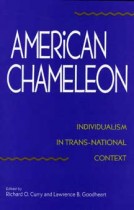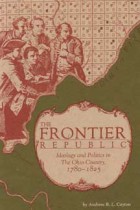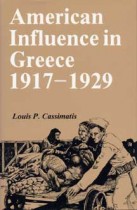Burning the Flag
Robert Justin Goldstein | Filed under: History, Political Science & Politics
“In 1989, the Supreme Court ruled that dissidents had a constitutional right under the First Amendment to burn the flag. During the Bush Administration, Congress passed the Flag Protection Act (FPA), and so doing reflected the broad spectrum of opinion that saw the flag as a sacred symbol of American freedoms. Robert Justin Goldstein’s Burning the Flag thoughtfully draws on the disciplines of law, political science and history to analyse the controversy in all its dimensions.” — London Review of Books










